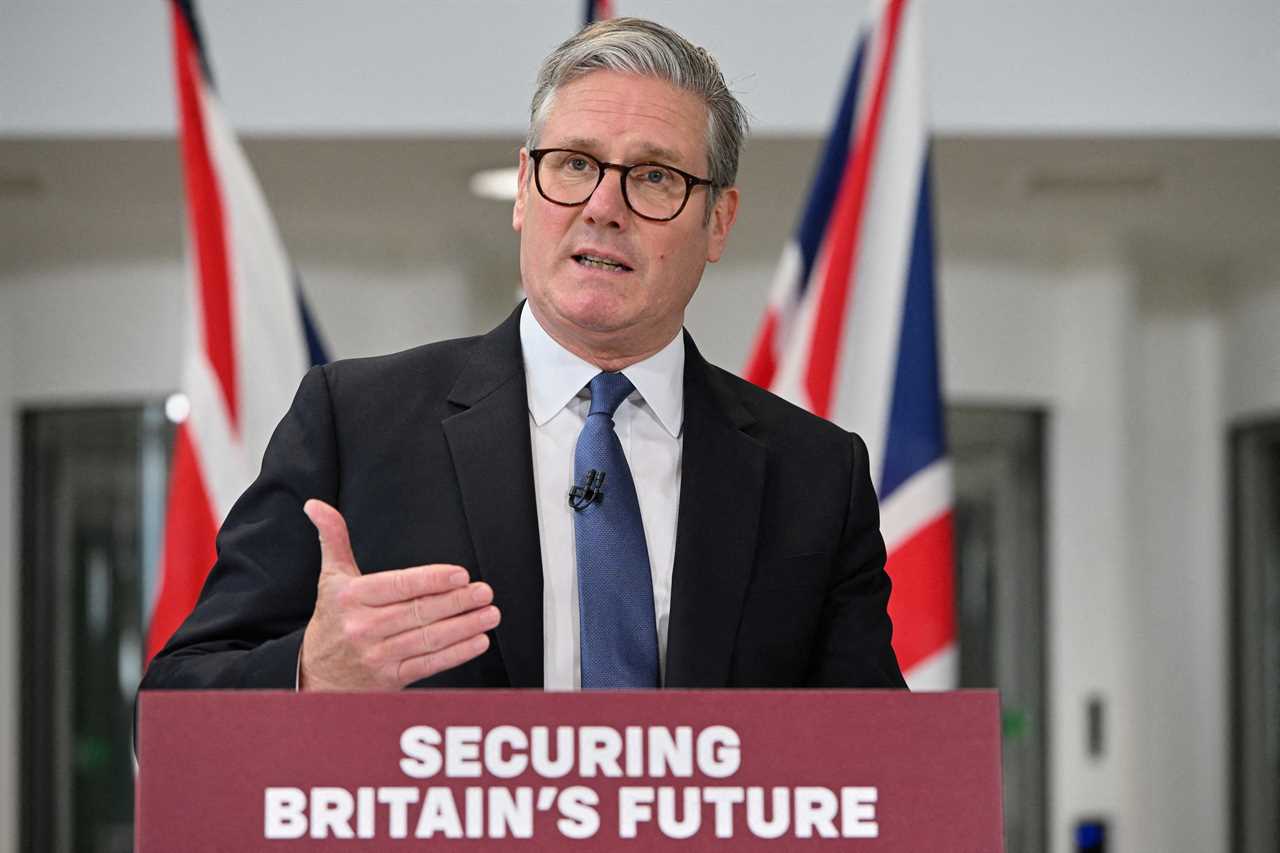
In a delicate political dance, Labour leader Sir Keir Starmer is now considering the abolition of the two-child benefit cap, bowing to demands from within his party. This potential U-turn comes as Prime Minister Starmer faces escalating calls to eliminate the restriction on benefits for families with more than two children. Amidst a backdrop of rising child poverty rates, the debate around this policy shift highlights the intricate balancing act of political promises and social welfare imperatives.
Labour's Balancing Act: Navigating Political Promises and Social Welfare
Sir Keir Starmer's wavering stance on the two-child benefit cap illuminates the complexities of governing amidst competing demands. The delicate interplay between party manifestos, electoral promises, and the pressing need to address child poverty underscores the nuanced decision-making process facing Labour leaders. As the political landscape shifts, questions arise about the role of policy flexibility in responding to evolving social challenges.
The Impact of Economic Realities on Social Welfare Reforms
The potential scrapping of the two-child benefit cap raises profound questions about the economic implications of social welfare reforms. As Labour contemplates this move, the substantial cost - estimated at £3 billion annually - underscores the financial considerations at play. The necessity of raising taxes to fund such a policy shift brings to the fore broader debates about economic redistribution, social responsibility, and the government's role in supporting vulnerable families.
Child Poverty and Social Security: Intersections of Policy and Impact
At the heart of the debate lies the intersecting realms of child poverty, social security, and governmental intervention. The discussions around abolishing the benefit cap reflect a broader societal reckoning with the systemic factors contributing to economic hardship among families. By acknowledging the multifaceted nature of poverty alleviation, policymakers are confronted with the challenge of crafting inclusive, sustainable solutions that address the root causes of inequality.
Labour's evolving position on the two-child benefit cap encapsulates the intricate dance of political pragmatism and social justice imperatives. As Sir Keir Starmer navigates the pressures from within his party and the broader societal call for addressing child poverty, the delicate balance between policy intent and practical implementation comes sharply into focus. In the ever-evolving landscape of social welfare reform, the decision to potentially scrap the benefit cap underscores the ongoing quest for equitable solutions in an era marked by economic uncertainty and social inequality.






